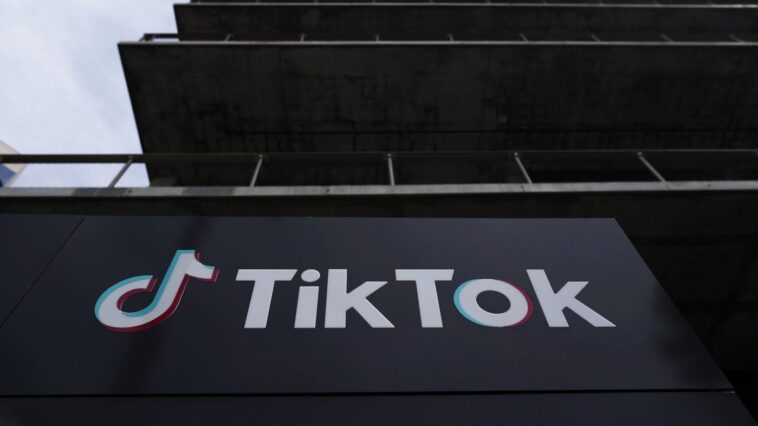
Trump Petitions the Supreme Court Over Potential TikTok Ban
Governance of Social Media: An Ongoing Debate
As the digital domain grows ever more central to our lives, its governance has become a topic of significant concern not only for tech companies, businesses, and users of the platforms they build, but also governments world over. Current U.S. President-elect Donald Trump has made a significant move in this narrative, by reaching out to the highest judicial authority in the land over an issue concerning popular social media app TikTok.
Law That Could Ban TikTok: Why It Matters
At the heart is a law that could possibly impose a ban on the ubiquitous TikTok, or alternately mandate its sale to a U.S. entity. This is an event that will be closely watched by all stakeholders – corporations, government bodies, legal experts, user communities, and indeed, international governments, as it may well form precedence for similar issues moving forward. Current technological advances and the globalization of digital platforms have rendered geographical borders porous, leading to international implications of local laws.
The Trump Petition and What It Envisages
The petition by President-elect Trump to the Supreme Court seeks to halt the implementation of this law, even as it’s set to potentially reshape aspects of social media governance. An act of such magnitude is a statement in itself about how influential social media has become as a platform and the growing realization of its power by those in the seats of governance, thus underscoring the reality that regulations can no longer remain a matter of self-governance by tech companies.
Larger Question of Privacy and Data Security
This action also raises the larger issues of data privacy and security, aspects that are becoming more central to the public discourse as we continue to witness its perils. One of the primary concerns about this sale or ban revolves around the data of U.S. citizens, reflecting global apprehensions as more information digital platforms become pervasive and central to our daily lives.
Understanding Data Privacy – The TikTok Controversy
At its core, the question is about understanding precisely what data privacy means in the age of social media. When users sign up for these platforms, they inevitably share personal data, and the flow of this data becomes a matter of debate and controversy, as seen in this specific case. TikTok, owned by Chinese conglomerate ByteDance, has come under scrutiny in the U.S. over concerns about data misuse or, indeed, its potential leakage to hostile entities.
Consequences for Geolocation Data and Advertising
The potential ban on TikTok and its consequences are not restricted to privacy alone. Data is a valuable resource to advertising and marketing fields. Geolocation data assists in ‘personalised advertising’, developing specific targeted ads based on users’ locations, behaviours and preferences. The proposed law and potential action on TikTok could significantly impact this domain and may instigate a reconsideration of marketing strategies worldwide.
Understanding the Implications for Content and Audience Research
Social media platforms like TikTok also play a crucial role in audience research, gathering valuable insights into consumer preferences and behaviours. These platforms serve as a virtual playground for users, filled with novel content. Trends in user interaction with this content can serve as bearing for devising effective content strategies. Hence, a possible ban on TikTok brings into sharp focus the precarious and complex role these platforms play in the larger picture of digital governance, hybrid legal systems, and corporate strategies.
Repercussions and Moving Forward
The move by Trump to petition the Supreme Court is a sign of the growing recognition of the looming issues surrounding digital platforms. It highlights the necessity for international dialogue and understanding to come to terms with the fast-paced technological world we inhabit.
The Future and Responsible Disclosure
While the implications of these developments are still unfolding, it has underscored the undeniable reality of moving into an era that not only acknowledges the challenges of the digital domain but also raises a new set of questions and debates that must be addressed. The future lies in responsible disclosure, transparency and user empowerment, where digital citizenship becomes a reality in letter and spirit.
Originally Post From https://www.usatoday.com/videos/news/politics/2025/01/06/trump-asks-supreme-court-pause-law-could-ban-tiktok/77286834007/
Read more about this topic at
. “Trump Challenges TikTok Ban Deadline: What’s Next for …
OpenAI plans for-profit shift, Jeju Air shares plunge after …


